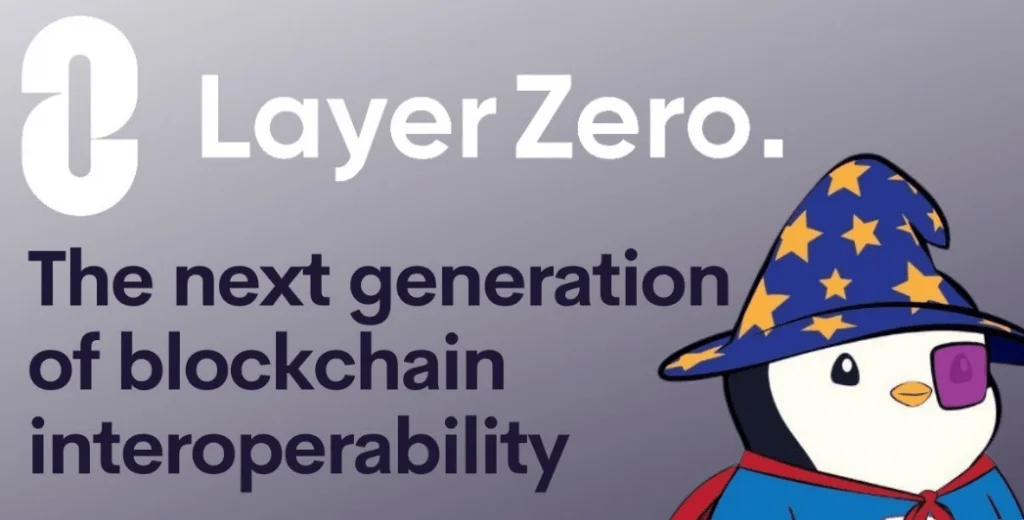LayerZero, an omnichain interoperability standard, has raised $135 million in a Series A funding round led by Sequoia Capital, FTX Ventures and Andreessen Horowitz (A16z). This brings the cross-chain protocol’s valuation to $1 billion.

According to Forbes, Sequoia Capital, Andreessen Horowitz, and FTX Ventures led the investment round. Coinbase Ventures, PayPal Ventures, Tiger Global, and Uniswap Labs are among the other investors.
The investors raised a total of $135 million, bringing LayerZero’s worth to $1 billion, making it a unicorn. The platform’s creators, LayerZero Labs, previously received $2 million in a seed round and $6 million in a Series A round.
Investors are interested in the protocol because of its approach to addressing the security issues that cross-chain platforms face. LayerZero persuaded Sequoia to trust in a multi-chain future, according to Michael Bailhe, a partner at the firm.
We had conviction in a cross-chain future, but the technology to enable it was insufficient—until we met LayerZero, said Bailhe.
According to Bryan Pellegrino, the protocol’s CEO and co-founder, LayerZero’s objective is to “link every smart contract on every chain.”
The protocol promises to be more of a messaging layer than a bridge protocol, allowing direct cross-chain communication analogous to a decentralized SWIFT — the global financial institutions’ messaging channel.
Ethereum, Avalanche, and Fantom are among the seven blockchain networks currently supported by the protocol. In the following four weeks, work on integrating Terra and Solana will begin.
Cross-chain protocol breaches
Two of the largest crypto attacks occurred in the first quarter of 2022, thanks to the exploitation of cross-chain protocol security weaknesses.
The Axie Infinity Ronin network hack is the biggest of the year, with investors losing over $600 million in just one week. Last month, Wormhole, a Solana and Ethereum bridge protocol with over $1 billion in TVL, lost $325 million.
Cross-chain protocols have been criticized by Vitalik Buterin, co-founder of the Ethereum network. He believes the industry will move toward a multi-chain future.
The fundamental security limits of bridges are actually a key reason why while I am optimistic about a multi-chain blockchain ecosystem…, I am pessimistic about cross-chain applications, Buterin explained.
